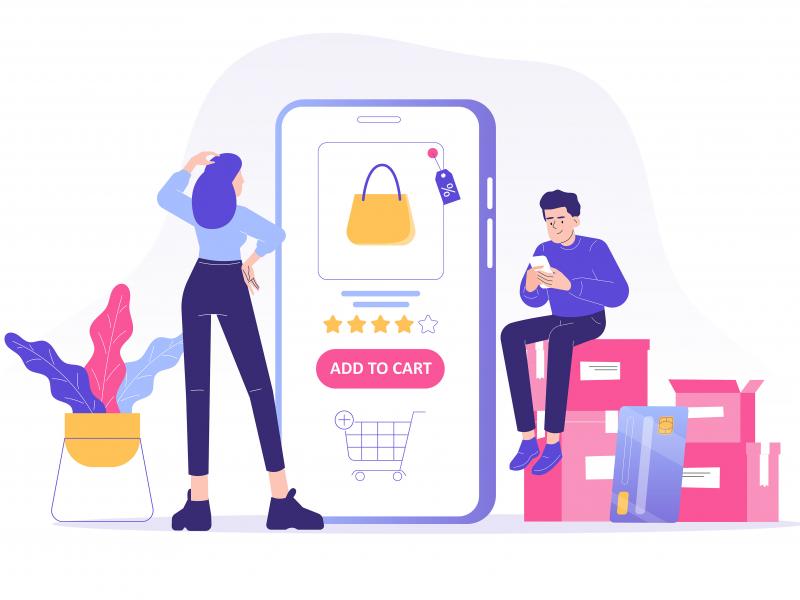In a ten-part series exclusive to NZBusiness in which successful serial entrepreneur Mark Loveys provides a succinct ‘how to’ guide for would-be entrepreneurs – to help take your idea to the world.
PART 9. GOING GLOBAL
Entering a new geographic market is like re-starting your start-up all over again, except that you now have the benefit of what you’ve learnt and achieved in New Zealand behind you.
However, things you took for granted in New Zealand, such as your network of contacts, your reputation and some local aspects of your market knowledge in New Zealand, will be of little or no use to you.
My experience in taking businesses beyond New Zealand’s shores has been related to software companies that target business customers. In each case my business has built and established a software product within New Zealand, proving the product with New Zealand business customers, before venturing offshore to other countries.
In this article, I will describe the approach I’ve used, but this may not necessarily be the right approach for other types of businesses in other business segments.
Localisation
Localisation is the process of making a product suitable for a local market. Hard experience has taught me never to presume that a product suitable for New Zealand customers will be suitable for customers in another country.
Other countries have different laws, different feature expectations, a different competitive landscape, different price expectations, different ways of doing things, cultural differences and numerous other differences to New Zealand.
Localisation starts with market research. Talk with prospective customers in your new region, survey the competitors there, and compare the competitions’ offerings to yours. Find some early-adopter customers in that market to be your test customers as well as your future reference and case study customers.
Work closely with those early-adopter customers in your new geography. Just as you did with your first customers in New Zealand, closely monitor their requirements and adapt your offering quickly when you find gaps. This is an important learning exercise about your offering’s suitability to your new geographic market.
Do whatever you can to ensure that these first customers have a positive experience, so they become your future reference customers.
Once you have at least three reference customers in your new geography you can start to ramp up your sales and marketing efforts.
Competitive landscape
You may have a different set of competitors to compete with in your new market from those you encountered in New Zealand. If it’s a bigger market than New Zealand, there will likely be more competition.
Use Internet searching to find out about your new competitors. Look for their feature lists, pricing, marketing strategies and distribution channels. There may be things you can learn from them that you will want to copy, adapt or improve on for your own offering.
Work out how to differentiate your offering from theirs.
Partners
As a small business going into a large market, I recommend you look for large potential-partner businesses who target the same market as you with a complementary offering to yours.
In the financial software industries that I’ve targeted, these large partners usually run large conferences.
I recommend attending conferences or trade shows that your potential large partner either runs or attends. Evaluate whether the attendees at the trade show are within your target market and if they are, then look to sponsor a booth at their future events.
Industry trade shows in your market segment and target geography should be the best place to meet new prospects, evaluate your competition, learn more about the local market and identify any further localisation required for your offering.
Marketing
In a new geography, experiment with different approaches to generating sales leads and raising awareness of your offering.
Form partnerships with key businesses in your target regions to get wider geographic coverage. Partners include resellers of your offering, your suppliers and businesses that sell complementary offerings. Look for businesses that are incentivised to sell your product or refer sales prospects to you. Referrals are the best type of sales leads to have.
Targeted online marketing, through search engines and paid display ads can also be effective. Many of these services give you numerical feedback on how well your online campaigns are working, so that you can make changes over time to optimise them.
Be prepared to spend a significant amount of time travelling within your target geography. I find that meeting the people you are doing business with, at least once, will make a big difference to the effectiveness of a relationship.
Taking a business global is hard work but if done successfully is a great way to build the value of your business prior to an exit (which is the topic of my next article, the final in this series).
Mark Loveys has been dubbed ‘one of New Zealand’s most successful serial software entrepreneurs’. He was the original developer of Exonet, the ERP software suite now called MYOB Exo, and former chairman and co-founder of Datasquirt.
As co-founder and former CEO of Enprise Group, Mark helped establish EMS-Cortex ‘cloud control panel’ software as a leading international solution and was instrumental in the sale of EMS-Cortex to Citrix in 2011. These trade sales have a combined value of more than $50 million.
This article first appeared in the October 2018 issue of NZBusiness.





